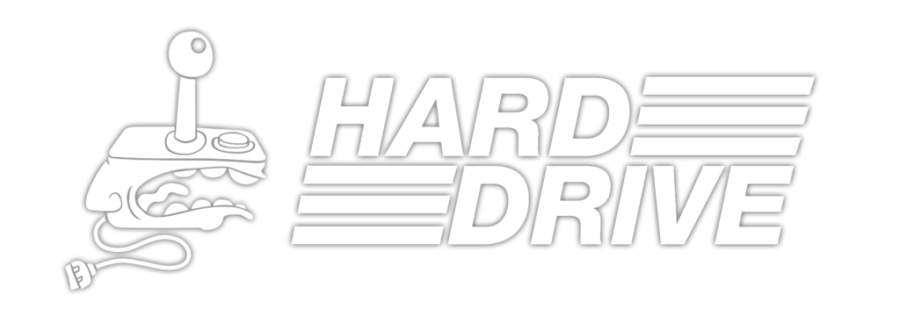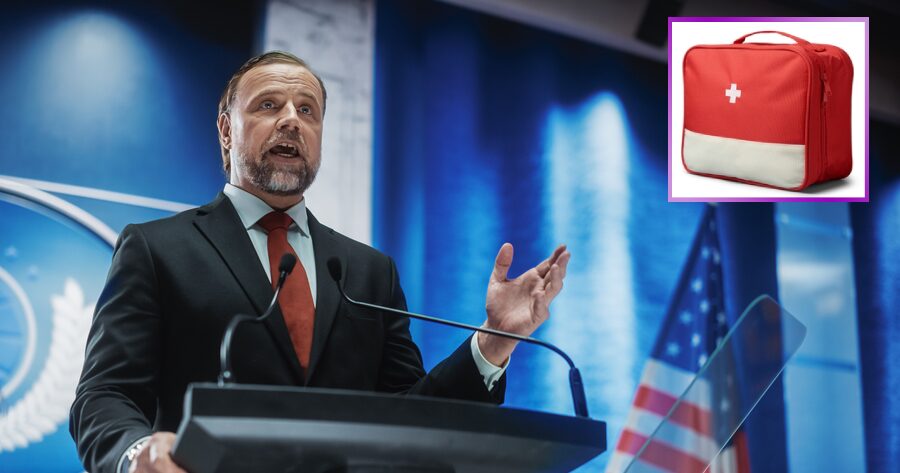WASHINGTON — The Department of Health & Human Services announced a sweeping overhaul of the nation’s healthcare infrastructure by strategically distributing med-kits randomly scattered across the country, sources within the HHS confirm.
“We’ve reached a critical juncture in this country. The new program, titled Operation Full HP, will allow patients to locate first-aid kits in various locations, including, but not limited to, file cabinets, near trees, and under the occasional park bench,” said Deputy Health Secretary Carol Mulligan in a press conference. “Doctors and hospitals are overwhelmed, and the cost of care is astronomical. By scattering these med-kits nationwide, we’re empowering individuals to take healthcare into their own hands—literally. Imagine, you twist your ankle, and bam—there’s a med-kit conveniently hidden behind a fire hydrant.”
Patients, however, remain confused by the unconventional rollout.
“I’ve spent hours looking for one of these kits when I got a migraine last week,” said Derrick Washington, a New Jersey resident. “Why are they hiding them in the most ridiculous places? I finally found one, but it was in a mocker at an abandoned YMCA. It had some band-aids, sure, but no ibuprofen. Another was nestled in a swath of tall grass like I’m trying to catch a Pokémon? I’m sick, not on a scavenger hunt. The least they could do is make them glow blue so you can spot them easier.”
Still, experts argue that this plan represents a bold new era of American healthcare.
“This is technically universal healthcare,” said Dr. Jane Phillips, a professor of health policy at Stanford University. “Everyone has an equal opportunity to find a med-kit, regardless of socio-economy standing. It’s a free-for-all, and that’s what makes it fair. Let’s say you break your leg and find a med-kit with Oxycodone & a bottle of whiskey – you can trade those items with someone else who found a splint. In a way, it’s the perfect blend of universal access and free market capitalism.”
As of press time, thousands of kits have already been delivered to empty wood crates, the stalls of bathrooms, and disused vending machines with a rollout planned for 2025 to include burned-out pickups, under piles ro rubble, and in sewers.


